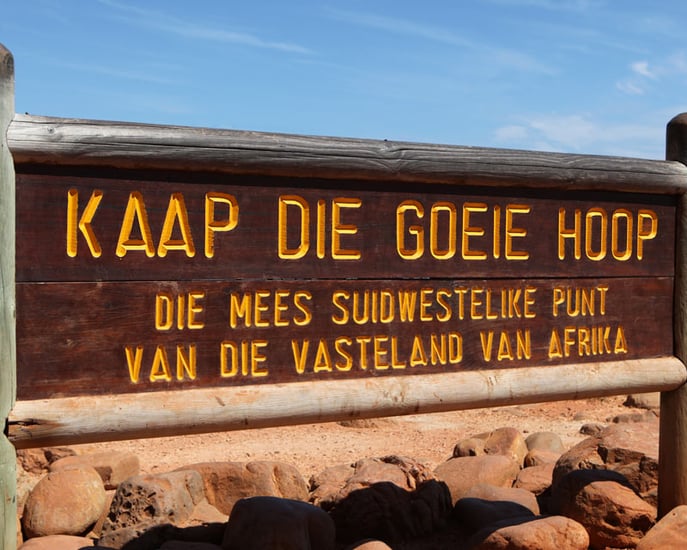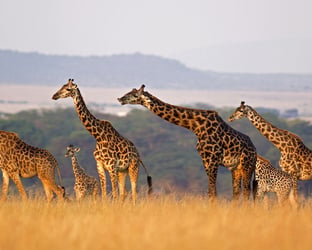Do you need a brief crash course on the history of the Afrikaans language? We got you.
Here at LinguaLinx, we help clients all over the world translate their websites and documents (from legal to healthcare to educational) into 98% of the world's known languages.
Anyone who has to translate Afrikaans to English needs to know a little something about the history of the Afrikaans language. While it’s a relatively new language compared to other world languages, it still has a rich history.
This article covers Afrikaans' Dutch roots, tracing back to its amalgamated history.
Afrikaans can trace its roots back to 17th and 18th century Dutch.
The language, which is spoken in South Africa and Namibia, as well as some areas of Botswana, began to evolve independently from Dutch in the 18th century.
These days a relatively quick plane ride connects the southern tip of the African continent with Europe.
Several hundred years ago, sailing from the Netherlands to South Africa was an exceptionally long and perilous journey.
If you know a bit of Dutch, you might understand some Afrikaans.
The cultural and linguistic separation from the Dutch mother language eventually led to the creation of “Cape Dutch” and then to Afrikaans.
The modern incarnation of the Germanic Afrikaans is a mixture of a much older form of Dutch and a hefty dose of vocabulary from other African, Asian, and European languages.
Afrikaans, while still strongly Dutch-based, has incorporated words from the “clicking” Khoisan languages, Narrow Bantu languages, Malay, and Portuguese. Now there’s a hodgepodge of lexicon items for you.
Folks who speak Afrikaans as a first language, or even as a second or third language, can generally understand a fair amount of Dutch as it’s spoken in the Netherlands.
Although this might be helpful to some, it’s important to remember that the two languages have diverged significantly over time.
Speakers of Afrikaans generally speak English as well, especially in South Africa.
Even so, it’s sometimes necessary to translate Afrikaans to English. The early European settlers in Africa came into contact with different peoples and languages, which created differences in dialects, including Kaapse Afrikaans and Oranje River Afrikaans.
There is even a secretive prison jargon used by some inmates in South Africa that mixes Afrikaans and Zulu.
Translate Language into Afrikaans
If you have any translation, localization, or interpretation needs, LinguaLinx can help.
With Lingualinx, you won't ever have to worry about your message getting mixed up, mistranslated, or ending up embarrassingly incomprehensible. You know you're in good hands with our ISO 17100 compliance, twenty years of professional translation experience, and the organizations whose trust we've earned.
To chat with us about your language translation needs, click on the link below.
Continue Learning with These Helpful Articles:
To book an appointment with our translation services, click on the link below -








